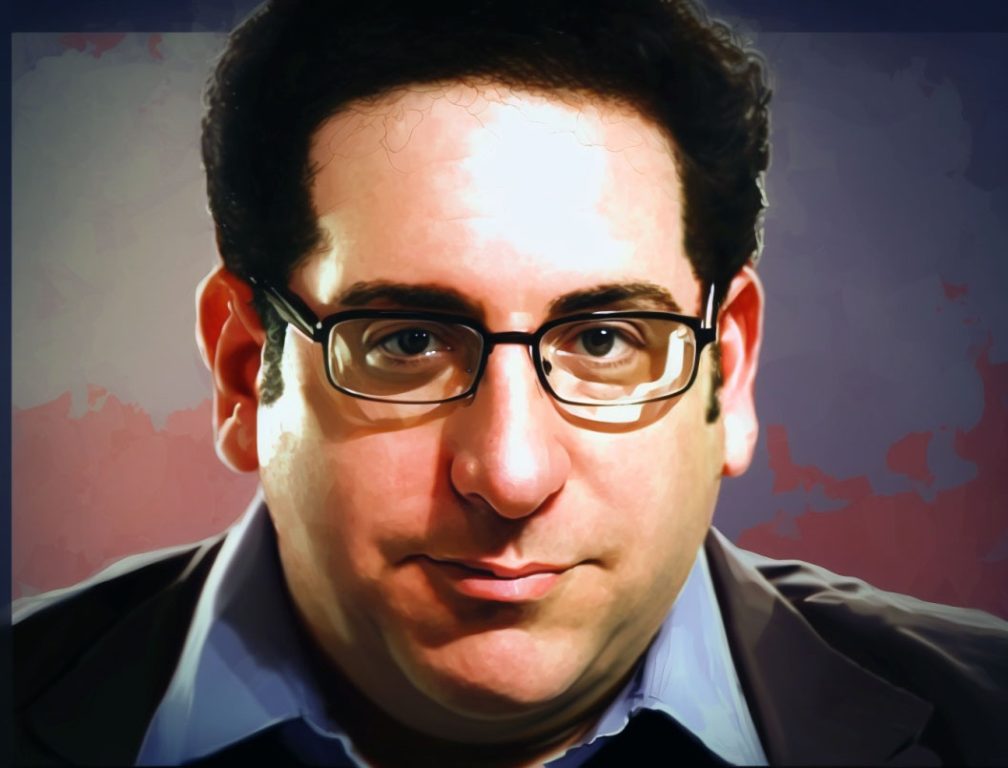Jonathan James was an American hacker who gained notoriety in the late 90s for his remarkable skills at a young age. At just 15, he became the first juvenile to be incarcerated for cybercrime in the United States. His high-profile exploits included breaking into networks of some of the largest organizations like NASA and the Department of Defense. James’ actions resulted in significant financial losses, leading to his arrest and conviction. Despite his early troubles with the law, he became a symbol of hacking’s potential and its legal consequences. His life, however, ended tragically when he committed suicide in 2008.
1. Jonathan James: Teenage Cybercrime and Conviction
Jonathan James was just another teenager living in Miami, Florida, until he became the focus of national attention for his unusual activities. He wasn’t getting into trouble for typical teen behavior, but rather, for his intricate knowledge of computers and his ability to bypass complex security systems. What set James apart was his age – he was only 15 when he embarked on a journey that would earn him the dubious distinction of being the first juvenile in the US to be jailed for cybercrime.

Stay One Step Ahead of Cyber Threats
James’s knack for hacking, mixed with a growing sense of boldness, pushed him to commit his first major cybercrime in 1999. James kept up this behavior and became more audacious, leading to increasingly devastating attacks. This went on until he was finally convicted in 2000, demonstrating to the world the legal consequences of cybercrimes, even for those under the age of 18. Because of his age at the time of arrest, Jonathan James served six months under house arrest and was banned from recreational computer use.
2. The Major Hacks: Impacts on NASA and the Department of Defense
The hacking activities Jonathan James is perhaps most infamous for revolve around his break-ins into computers belonging to NASA and the Department of Defense. His skills were substantial to penetrate some of the nation’s most secure networks and cause major disruptions.
James infiltrated NASA’s computers, stealing software worth approximately $1.7 million. One of the most damaging hacks he carried out was stealing the International Space Station’s physical environment control software, which forced NASA to shut down their computers to rectify the situation, leading to a loss of $41,000.
His activities did not stop at NASA; he went as far as breaking into the Department of Defense’s computers. He intercepted over 3,000 internal emails and accessed 13 different computers within the network. His actions underlined the growing vulnerability of important institutions to cybercrime.
3. The Final Years: Tragic End of a High-Profile Hacker
Following his jail term, Jonathan James was expected to turn over a new leaf. He tried staying off the FBI’s radar and chose live away from the limelight. Unfortunately, his past continued to overshadow his attempts at leading a normal life. In 2007, his name surfaced again, this time as a suspect in a series of sophisticated hacker attacks. He denied involvement and maintained his innocence.
Feeling cornered and believing he was being used as a scapegoat, James was overwhelmed. In an unfortunate turn of events, he took his own life in 2008. The hacker who had once made headlines for his audacious cybercrimes was now the subject of a somber news piece. Jonathan James’ story serves as a stark reminder of the potential grave personal consequences of cybercrime and the burden carried by those involved.
Conclusion
Jonathan James’ place in cybercrime history is strongly etched as someone who, at a very young age, could create a national crisis by bypassing the security systems of significant institutions. His story serves as a sobering note about the potent mix of talent, audacity, immaturity and the serious implications of cybercrime, ending with the tragic loss of a skilled individual.
Key Takeaways
- Jonathan James became the first juvenile to be incarcerated for cybercrime in the United States at the age of 15.
- He became famous for hacking into the databases of NASA and the Department of Defense, causing significant disruptions and financial losses.
- James’s hacking activities culminated in his conviction, serving six months house arrest and facing a ban on recreational computer use.
- His name resurfaced again associated with another hacking case in 2007, despite his attempts to withdraw from this activity.
- Experiencing pressure from repeated accusations, James committed suicide in 2008, marking a tragic end to an infamous hacking career.
Related Questions
1. What was the software that Jonathan James stole from NASA?
He stole a piece of software that controlled the physical environment of the International Space Station, worth about $1.7 million.
2. How old was Jonathan James when he first started hacking?
Jonathan James was 15 years old when he started his hacking activities that eventually led to his conviction.
3. What was Jonathan James’ sentence?
Jonathan James was sentenced to six months of house arrest and was banned from using computers for recreational purposes.
4. Did Jonathan James ever return to hacking after his arrest?
While trying to maintain a low profile, suspicion of his involvement in hacking resurfaced in 2007. However, James denied any involvement.
5. How did Jonathan James’ life end?
Jonathan James committed suicide in 2008, perceiving he was being used as a scapegoat in an ongoing hacking investigation.
"Amateurs hack systems, professionals hack people."
-- Bruce Schneier, a renown computer security professional






